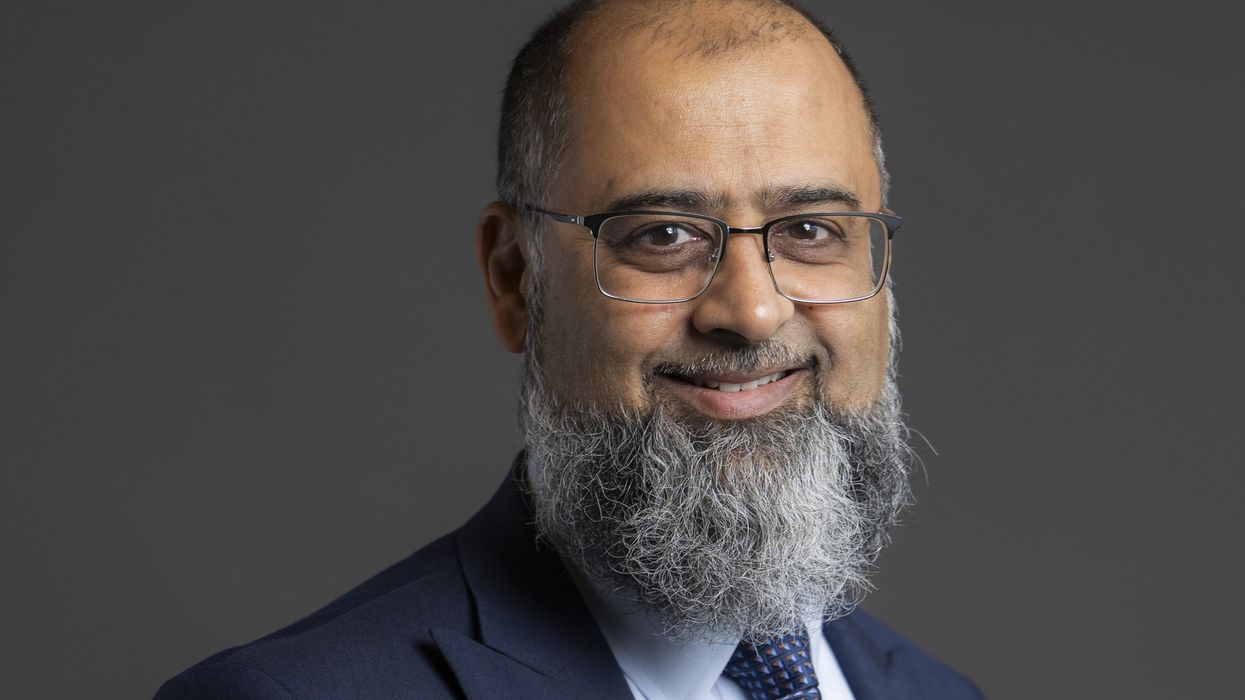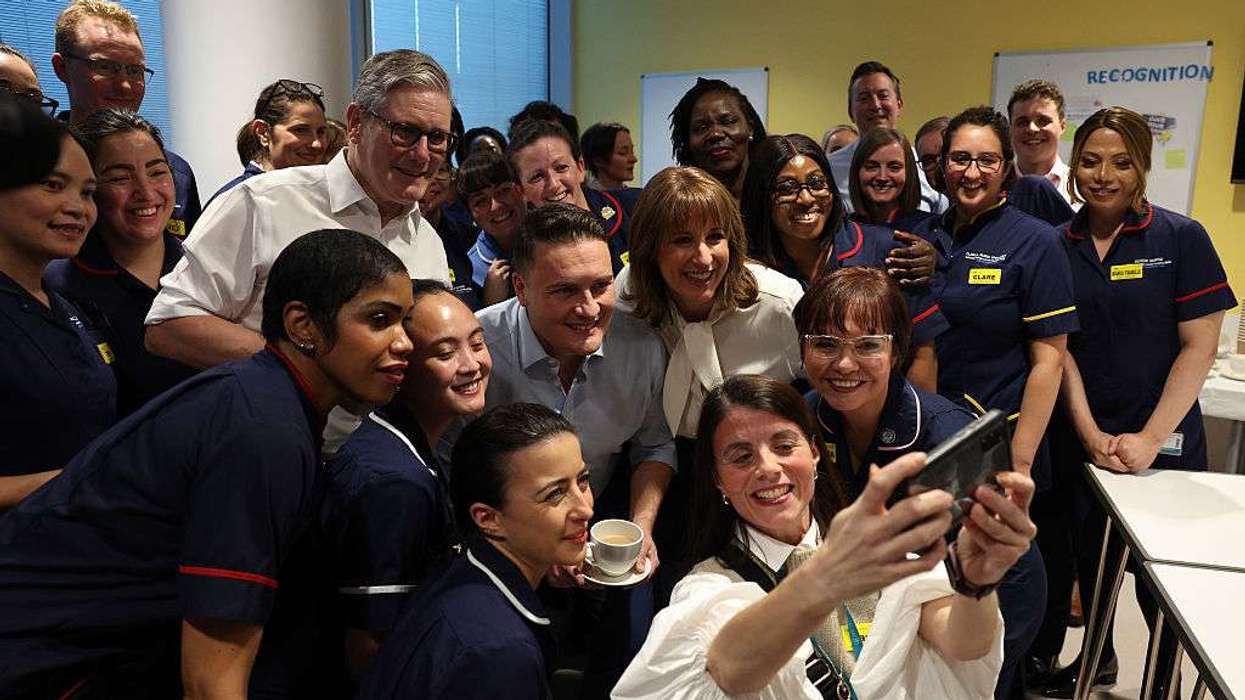A BRITISH INDIAN MP has expressed his concerns over a new bill tabled in the House of Commons that seeks to ban marriages between first cousins over the greater risk of children’s birth defects associated with the practice.
The Marriage (Prohibited Degrees of Relationship) Bill got its first reading in Parliament on Tuesday (10) when backbench Tory MP Richard Holden used the 10-Minute Rule process to introduce his proposals.
Iqbal Mohamed, who was elected as a first-time Independent MP in the July general election from the northern England constituency of Dewsbury and Batley, spoke out against the motion to caution that the matter should be treated as a public health awareness one and not by imposing a ban.
“An estimated 35 per cent to 50 per cent of all sub-Saharan African populations either prefer or accept cousin marriage, and it is extremely common in the Middle East and South Asia," stated Mohamed, whose roots lie in Gujarat.
"The reason the practice is so common is that ordinary people see family intermarriage as something that is very positive overall; as something that helps to build family bonds and puts families on a more secure financial foothold,” Mohamed said.
“However, as is well documented, it is not without health risks for the children of those relationships, some of whom will be born out of wedlock."
"Instead of stigmatising those who are in cousin marriages, or those who are inclined to be, a much more positive approach would be to facilitate advanced genetic test screening for prospective married couples, as is the case in all Arab countries in the Persian Gulf, and to run health education programmes targeting those communities where the practice is most common,” he added.
Introducing the proposal, MP Richard Holden argued that while many may wonder why first-cousin marriage is not already illegal, there remain certain diaspora communities with high rates of first-cousin marriages.
“Certain diaspora communities have extremely high rates of first-cousin marriage, with a rate of 20 per cent to 40 per cent among Irish Travellers and higher rates still among the British Pakistani community,” stated Holden.
There is a worrying trend, as this rate has increased significantly from that of their grandparents’ age group. Although there have been some reports of the rate falling within the last decade as young people push back against the system, there remains an extraordinarily strong link."
He highlighted that according to the ‘Oxford Journal of Law and Religion’, cousin marriage is practised by about 10 per cent of the world and is most prevalent in the Middle East, West Asia and North Africa.
“However, the practice varies enormously within countries and by regional culture, reaching at its highest over 80 per cent in parts of rural Pakistan,” he noted.
Holden was supported in his proposals by a number of fellow Tory MPs, including British Indian former Cabinet minister Claire Coutinho.
Under current UK legislation, marriages to a sibling, parent or child are prohibited but not between first cousins. However, backbench proposals such as these are unlikely to become law without government support because of the limited parliamentary time available for them. The bill is now expected to get a second reading in the Commons by mid-January 2025.
(PTI)





